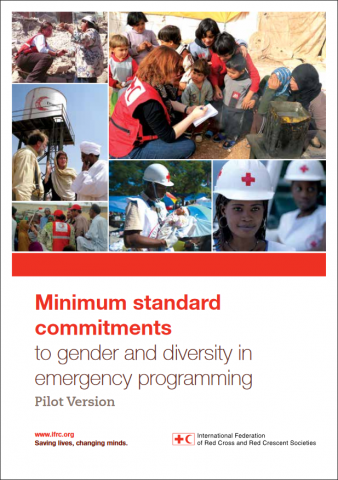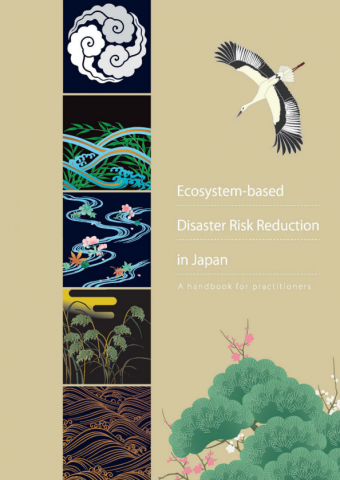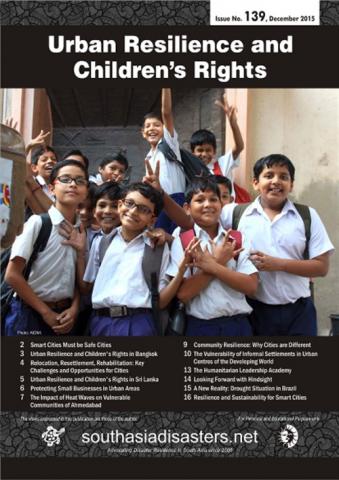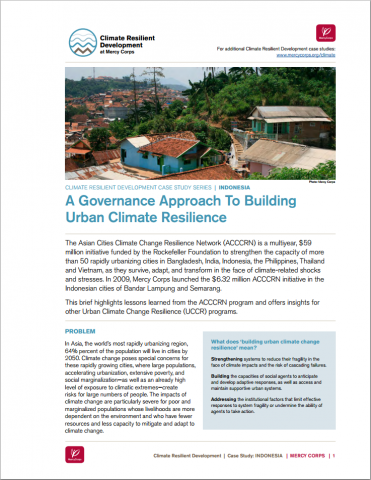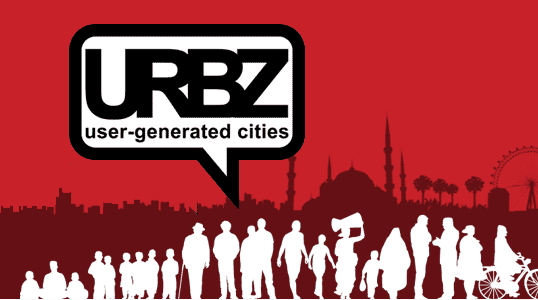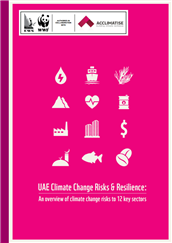Engaging Stakeholders in a Preliminary Urban Assessment
Developed by American Red Cross in cooperation with ISET, this document provides materials for the planning and delivery of a workshop to engage with stakeholders and, using systems thinking, to begin an urban assessment. The overall goal is that this will be one of the first steps to developing integrated programming at the community level to build overall urban […]
Engaging Stakeholders in a Preliminary Urban Assessment Read More »

